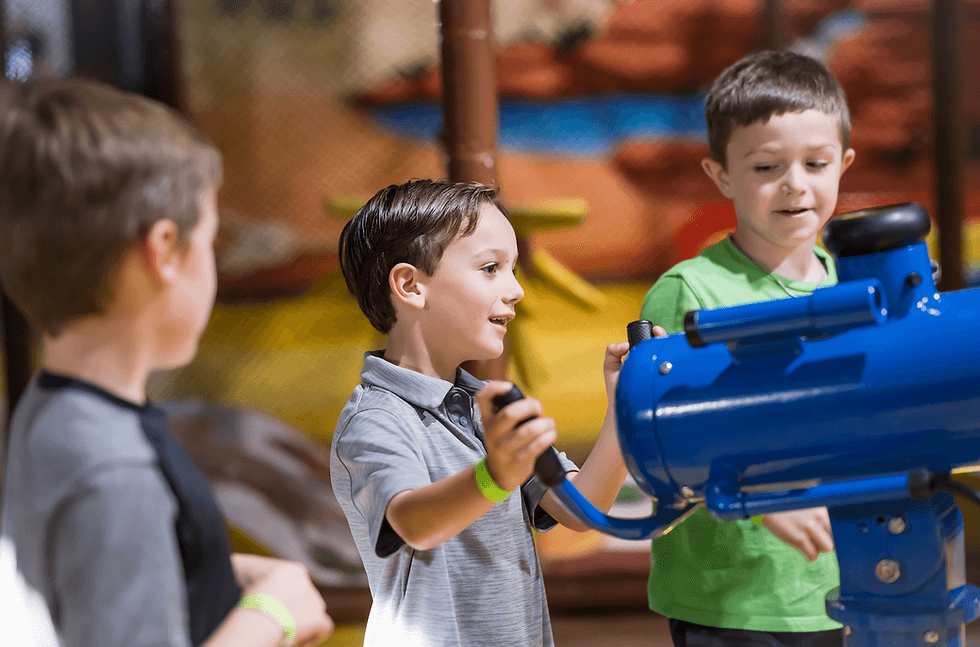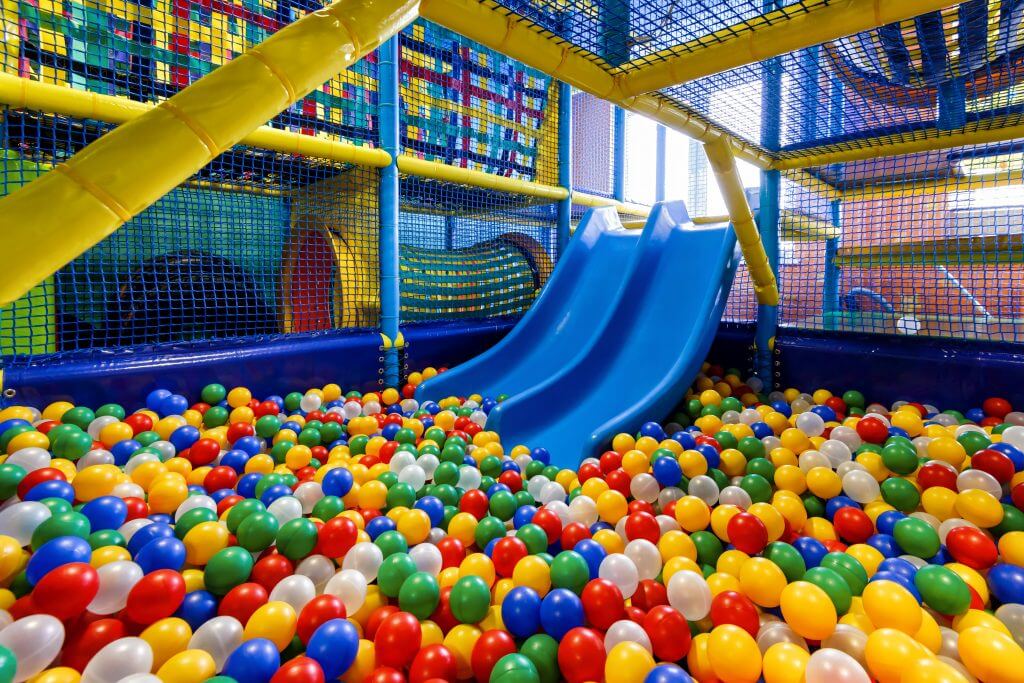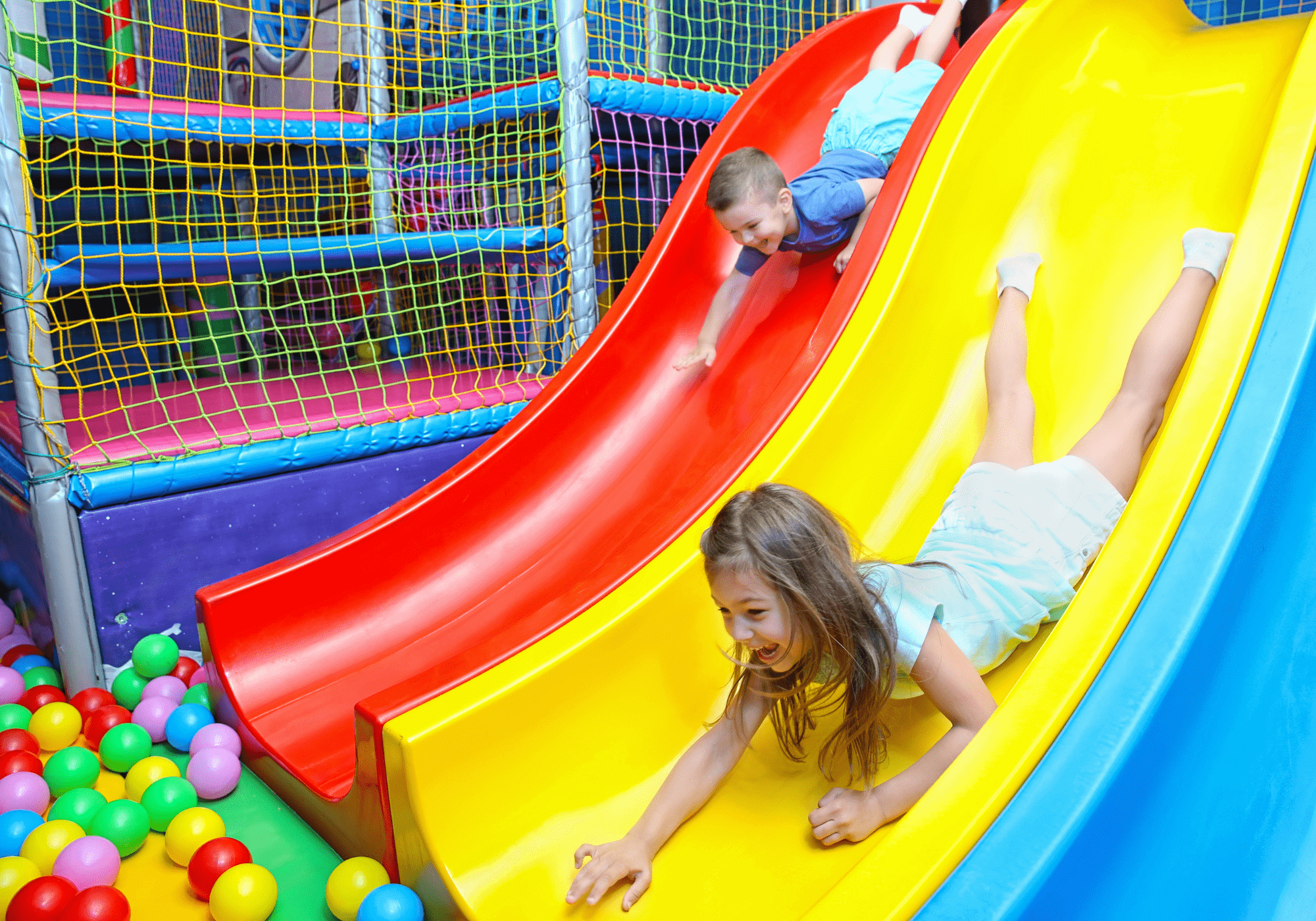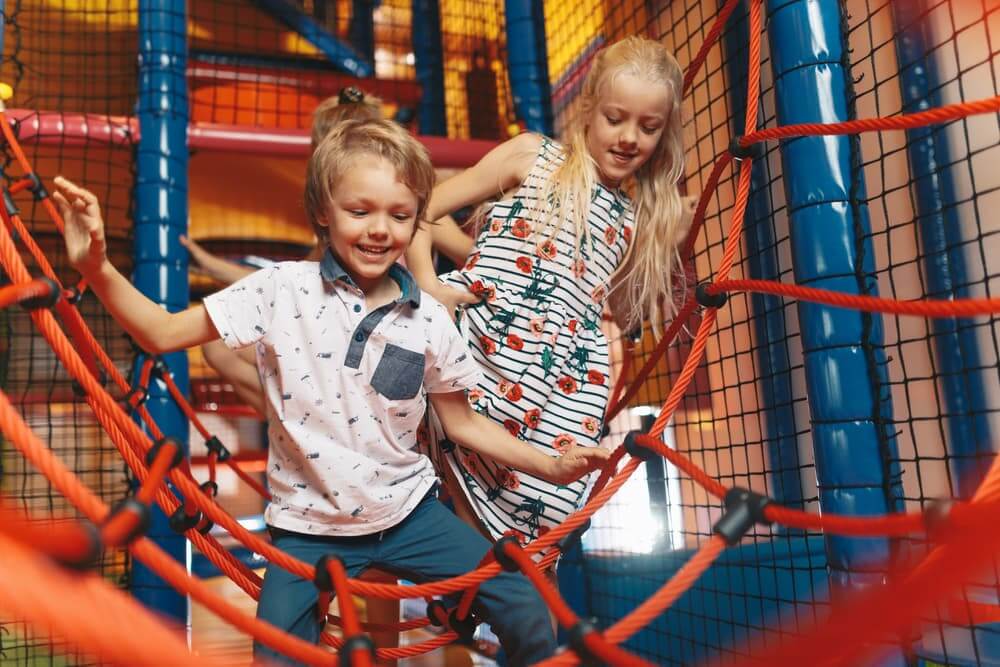In today’s urbanized environment, where outdoor play areas are often limited due to space constraints, indoor play centers have become essential venues for children’s physical and social development. These centers, particularly prevalent in the UAE, offer safe, controlled environments where children can engage in activities that foster not just physical activity but also critical social skills. This article delves into how indoor play centers contribute to the development of social skills in children, with a focus on their relevance in Dubai and the broader UAE region.
The Importance of Social Skills in Early Childhood
Social skills are fundamental for children’s overall development, influencing their ability to communicate, collaborate, and build relationships with others. These skills, which include cooperation, sharing, empathy, and conflict resolution, are vital as they help children navigate the complexities of social interactions both in childhood and later in life. Indoor play centers offer an ideal setting for such development, providing opportunities for children to learn and practice these skills in a structured yet informal environment.

Structured Play and Guided Interactions
Indoor play centers in the UAE are designed to facilitate both structured and unstructured play, with many offering programs or activities that encourage guided interactions among children. Structured play often involves activities led by facilitators who guide children through specific tasks or games that require teamwork, turn-taking, and communication. For example, group games like building challenges or team-based obstacle courses require children to cooperate and communicate effectively to achieve a common goal. These activities are particularly beneficial in helping children develop the ability to listen to others, express their ideas clearly, and work collaboratively—all essential components of social skills.
In Dubai, where a significant portion of the population consists of expatriates, these guided interactions in indoor play centers also help children from different cultural backgrounds come together, fostering a sense of community and mutual understanding. This is especially important in a multicultural society where children must learn to navigate and appreciate cultural differences from an early age.
Unstructured Play: A Crucial Element of Social Learning
While structured activities are valuable, unstructured play is equally important for social skills development. Unstructured play allows children to engage in spontaneous interactions, make their own rules, and resolve conflicts without adult intervention. This type of play, which is abundant in indoor play centers, encourages creativity, negotiation, and problem-solving—all key social skills.
The climate in the UAE often limits outdoor playtime, indoor play centers provide a much-needed space for unstructured play. Children can engage in activities like role-playing, where they take on different roles and scenarios, learning to see things from others’ perspectives. Such experiences are invaluable in teaching empathy and helping children understand the dynamics of social interactions.
Role of Cultural and Social Diversity in Social Skills Development
Dubai’s unique cultural landscape, characterized by a high level of diversity, makes the role of indoor play centers even more significant. These centers often bring together children from various nationalities, languages, and cultural backgrounds, offering a microcosm of Dubai’s multicultural society. Interacting with peers from diverse backgrounds helps children develop cultural awareness and sensitivity—important social skills in a globalized world.
In an indoor play center, a child might interact with peers who speak different languages or come from different cultural traditions. These interactions can teach children to be more adaptable, open-minded, and respectful of differences—qualities that are increasingly important in today’s interconnected world. Moreover, exposure to such diversity at a young age can lay the foundation for more inclusive attitudes as children grow older.

Enhancing Communication Skills Through Play
Communication is a core component of social skills, and indoor play centers provide numerous opportunities for children to enhance their communication abilities. Whether through verbal interactions, such as negotiating play roles, or non-verbal cues, such as understanding body language, children learn to communicate more effectively with their peers.
In indoor play centers, children often need to explain their ideas, persuade others, or express their emotions—all of which require clear and effective communication. For example, in a group activity where children build a structure together, they must discuss their plans, allocate tasks, and share materials. Such scenarios help children practice and refine their communication skills in a natural, engaging way.
Developing Emotional Intelligence
Emotional intelligence (EI) is another critical aspect of social skills development that is nurtured in indoor play centers. EI involves the ability to recognize, understand, and manage one’s own emotions, as well as the ability to recognize and influence the emotions of others. Through play, children encounter various emotional experiences, such as the frustration of losing a game or the joy of making a new friend. Indoor play centers provide a safe environment for children to experience and navigate these emotions.
In Dubai’s indoor play centers, children are exposed to situations that require them to manage their emotions and respond to the emotions of others. For instance, when two children want to play with the same toy, they must navigate feelings of desire, frustration, and compromise. Such experiences are crucial for developing empathy, self-regulation, and other components of emotional intelligence.
The Role of Play Facilitators
Play facilitators play a pivotal role in indoor play centers, guiding children through social interactions and helping them navigate challenges. These professionals are trained to observe children’s play, intervene when necessary, and provide support in developing social skills. They might encourage shy children to participate, help resolve conflicts, or provide guidance on how to share or take turns.
Indoor Play Centers as Community Hubs
Indoor play centers in Dubai and the UAE often serve as community hubs where families gather, providing not just a space for children to play but also for parents to connect and share experiences. This communal aspect adds another layer to the social skills development that takes place in these centers. Children observe their parents interacting with other adults, learning social norms and behaviors that they will later emulate.
Moreover, the community aspect of indoor play centers helps children build a sense of belonging. In a city like Dubai, where many families are expatriates, this sense of belonging is particularly important. It helps children feel connected to their community, even if they are far from their home country, and reinforces the social bonds that are essential for their overall well-being.

Adapting to the Unique Needs of the UAE
Indoor play centers in the UAE are increasingly adapting to the unique cultural and social needs of the region. Many centers incorporate elements of local culture into their design and programming, offering activities that resonate with both local and expatriate families. For example, some centers may include play areas that reflect traditional Emirati architecture or activities that introduce children to the UAE’s cultural heritage.
This cultural integration helps children develop a deeper understanding of their environment and the society they are growing up in. It also reinforces the social skills they need to interact effectively in a diverse society. Additionally, these culturally tailored experiences ensure that indoor play centers remain relevant and appealing to families in the UAE, making them a cornerstone of children’s social development in the region.
Conclusion
Indoor play centers play a crucial role in promoting social skills development in children, particularly in a diverse and urbanized region like Dubai and the UAE. By providing structured and unstructured play opportunities, facilitating guided interactions, and exposing children to a multicultural environment, these centers help children develop the communication, empathy, and emotional intelligence needed to navigate social relationships effectively. As the popularity of indoor play centers continues to grow in the UAE, their role in fostering the social development of the next generation will become increasingly important. Parents, educators, and community leaders should recognize and support the valuable contribution these centers make to the social fabric of society.

Surfer, feminist, music blogger, Saul Bass fan and front-end developer. Working at the nexus of simplicity and elegance to craft experiences that go beyond design. Concept is the foundation of everything else.
